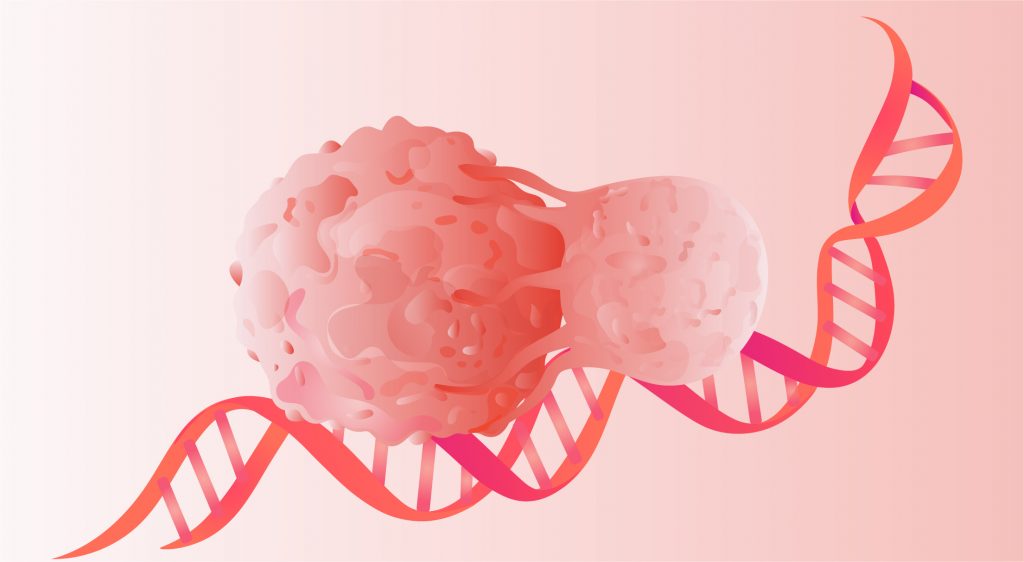As we grow older, our cells become more prone to damage and mutations, elevating cancer risk. The longer we live, the more chances these abnormalities have to progress. Understanding the scientific basis of aging and age-related diseases, like cancer, drives our scientific innovation and collaborations.
Establishing Meaningful Partnerships
In 2014, Calico established a partnership with the renowned Broad Institute of MIT and Harvard to advance our research and translational efforts aimed at understanding and treating diseases associated with human aging. Our partnership with the Broad Institute has revealed new insights into cancer’s immune and genetic roots, leading to a promising immunotherapy breakthrough that bolsters the immune system to combat diseases. Immunotherapies, a relatively new class of cancer treatment, harness the body’s own immune response to fight disease and have demonstrated significant promise, even shrinking seemingly incurable tumors in a subset of patients.
Prompted by a discovery, subsequently published in Nature, demonstrating that the deletion of a specific gene called PTPN2 enhances a tumor’s sensitivity to therapy response, Calico supported the development of the Tumor Immunotherapy Discovery Engine, or TIDE, at the Broad Institute. TIDE’s focus is to elucidate the biological mechanisms of resistance to immunotherapy, thereby advancing the development of innovative cancer treatments. TIDE scientists utilize a sophisticated gene editing technology called CRISPR to understand the part every gene in the human genome plays in the interactions between cancer cells and the immune system. By doing so, they aim to support subsequent discovery of novel immunotherapies that can benefit a wider range of people with various types of cancer.
Target to Potential Treatment
While PTPN2 appeared to be a promising target, it was part of a class of targets that had long been considered undruggable by the field; but through the TIDE collaboration we have found a new path forward. Reported recently in Nature, Broad, AbbVie, and Calico scientists describe a PTPN2/N1 phosphatase inhibitor designed to go beyond the capabilities of currently available immunotherapies. This inhibitor, known as ABBV-CLS-484, is now in a phase 1 clinical trial co-sponsored by Calico and AbbVie for patients with advanced solid tumors. Medicinal chemists at AbbVie used structure-based drug design to identify molecules that inhibit the PTPN2 target, and Calico, Broad and AbbVie scientists developed key immunological models to elucidate how the inhibitor evokes an anti-tumor response.
They found that the PTPN2 inhibitor seems to work on two fronts. “Most immunotherapy drugs in the clinic are focused on immune cells,” says Calico scientist and publication co-author Chirag Patel. “This one hits tumor cells and immune cells, getting the best of both worlds. It’s a unique type of immunotherapy that hasn’t been implemented in any other way.” Calico and AbbVie worked together to move their PTPN2 inhibitors into clinical trials in 2020. Marcia Paddock, Director of Oncology New Target Development at Calico and a co-author of the paper, calls that timeline “a remarkable achievement” that was possible “because of the combined efforts of everyone who contributed to this project.”
